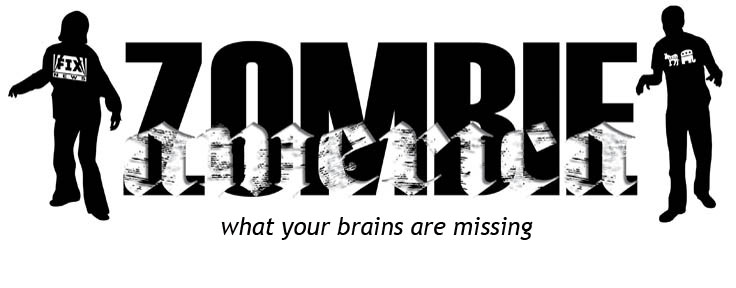In psychology, Stockholm syndrome is a term used to describe a paradoxical psychological phenomenon wherein hostages express adulation and have positive feelings towards their captors that appear irrational in light of the danger or risk endured by the victims, essentially mistaking a lack of abuse from their captors as an act of kindness. The FBI’s Hostage Barricade Database System shows that roughly 27% of victims show evidence of Stockholm syndrome. The syndrome is named after the Norrmalmstorg robbery of Kreditbanken at Norrmalmstorg in Stockholm, in which the bank robbers held bank employees hostage from August 23 to August 28, 1973. In this case, the victims became emotionally attached to their captors, and even defended them after they were freed from their six-day ordeal. The term "Stockholm Syndrome" was coined by the criminologist and psychiatrist Nils Bejerot, who assisted the police during the robbery, and referred to the syndrome in a news broadcast. It was originally defined by psychiatrist Frank Ochberg to aid the management of hostage situations.
Source

.jpg)
